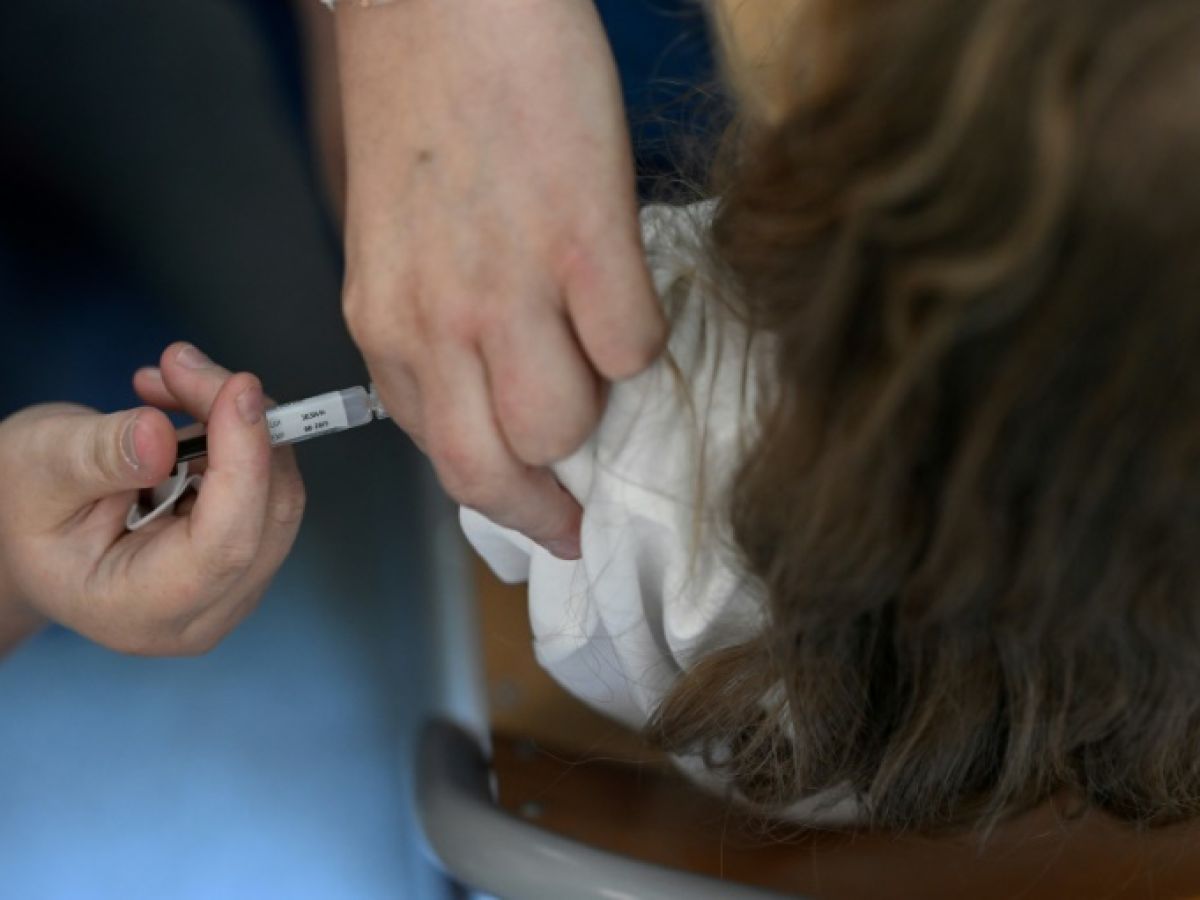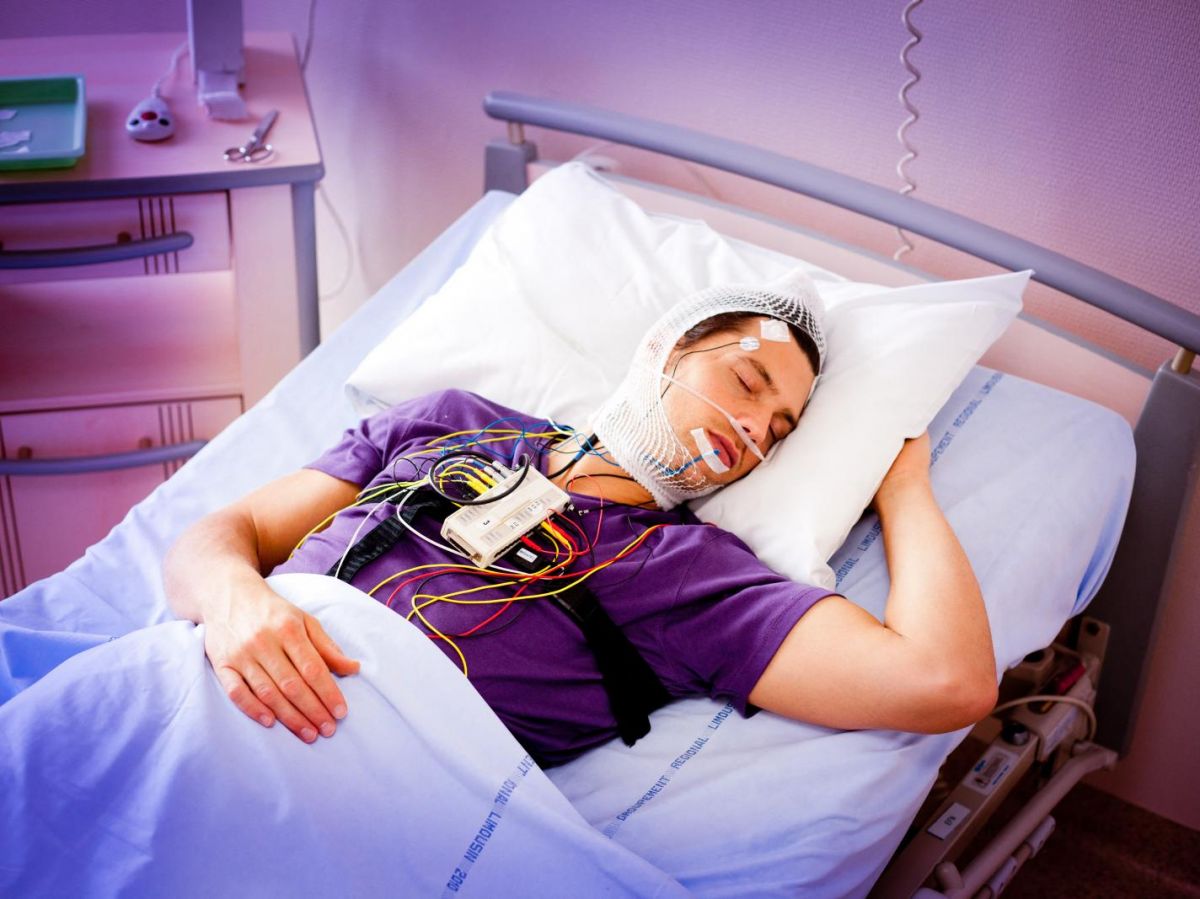"Improved" but still "a long way to go" for adequate vaccination of adolescents against the papillomavirus, the cause of several cancers: this is the diagnosis of several specialists after a second year of open vaccination in secondary schools.
The official tally has not yet been released, but "if we reach 30-35% new vaccinations in middle schools and across the age group after this second campaign, it will already be a success," Jean-Baptiste Lusignan, head of the youth health division of CRIPS Ile-de-France, a member association of the "Tomorrow without HPV" collective, told AFP.
After the first campaign, "we struggled in the best departments to reach 20-25%."
Vaccination, which prevents up to 90% HPV infections that cause cancers (uterus, anus, ENT, etc.), is recommended in France for adolescents aged 11 to 14 years inclusive, with catch-up vaccination possible up to the age of 26.
Since the 2023-2024 school year, 5th grade students can be vaccinated with full coverage by health insurance, subject to parental authorization, in all public middle schools and in voluntary private establishments.
After "a novelty effect," "this second year, it was more difficult to motivate colleges to restart HPV vaccination: some experienced a bit of a slackening or had other issues to deal with, but most kept it up," reports Jean-Baptiste Lusignan.
Mathilde Varrette, deputy general secretary of the Snics-FSU nurses, however, mentions "a significant drop: around 0 to 6 students vaccinated per establishment, after 14 on average the first year."
The computerization of forms to be completed by parents "has complicated the procedure," and "parents do not want their child to be vaccinated outside their presence by an unknown caregiver," she said.
But the middle school campaign can count, since its launch, on an increase in HPV vaccination in the city, where, beyond doctors, more healthcare professionals can carry it out (pharmacists, nurses, etc.).
Result: "France has finally crossed the threshold of 50% of 15-year-old girls vaccinated against HPV: 53% in 2023, almost 60% in 2024. It is also progressing among adolescents: we have gone from 25% to almost 37%. There is an improvement and vaccination in middle schools is a determining factor," considers Professor Xavier Carcopino, president of the French Society of Colposcopy and Cervicovaginal Pathology (SFCPV).
– “A lot of room for manoeuvre” –
But "there's still a long way to go," emphasizes Philippe Bergerot, president of the Ligue contre le cancer. Because "France remains below the target of 60%, which was supposed to be reached by 2023, and because the real target is 80% by 2030," recalls Professor Carcopino.
Territorial disparities remain, with the south of France and overseas territories having the lowest HPV vaccination rates. "Territorial inequalities may be intrinsically linked to socioeconomic inequalities," Public Health France pointed out in a February study, also citing "cultural barriers, particularly around sexuality."
Philippe Bergerot also observes that "not everyone is convinced of the vaccine's safety: parents but also caregivers" and considers it "essential to educate the population."
For Jean-Baptiste Lusignan, "ultimately, the biggest obstacle is a lack of information."
The state of school medicine also plays a role. "There are establishments where vaccination works better, and in the vast majority of cases, it's when there are nurses present and motivated: the students have been informed, the parents have received answers," he describes.
However, Mathilde Varrette points out, "with one nurse for 1,600 students on average, sometimes only one day in an establishment, health education around vaccination against the papillomavirus is more complicated."
In the city, the cost of the vaccine—around 115 euros—can also be a factor. While it's reimbursed at 65% by health insurance and the rest by a possible supplemental insurance, the upfront costs or the lack of mutual insurance can be "a major obstacle," notes Philippe Bergerot.
In Loire-Atlantique, the League committee has therefore launched a system, with pharmacies, to cover the remaining costs for patients.
Beyond that, the League Against Cancer "advocates mandatory vaccination" against the papillomavirus. Conversely, "Tomorrow Without HPV" believes there is "enormous room" for improvement with just more information.


